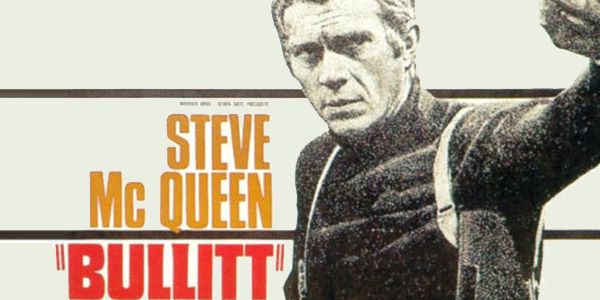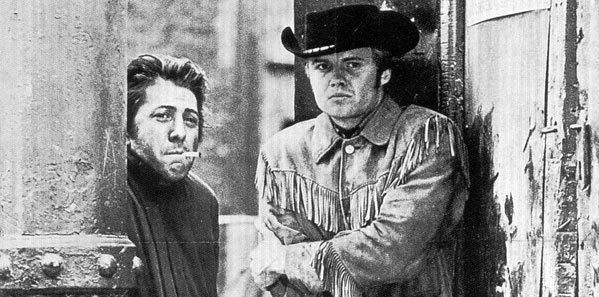44. BOSTON: More Than A Feeling/ Smokin' (1976)
Masterminded by Tom Scholz, the Brian Wilson of AOR, this delightful paean to the redemptive power of music and lost love is the definitive slice of hair metal for those who own no heavy rock; a joyous rapture of three-and-a-half minutes of pop beauty. With its repeated suggestion to, "hide in my music and forget the day," aching guitar and Brad Delp's soaring, operatic tones, it has rightfully become an anthem that unites stoner and superintendent alike. Kurt Cobain, of course, was later to rewrite it and call it Smells Like Teen Spirit.
Availability: More Than A Feeling Collectables CD
43. THE JACKSON 5 : I Want You Back/Who's Lovin' You (1970)
When The Jackson 5 made their US debut with this, on live TV in autumn '69. Michael Jackson was a dynamic nine-year-old who desperately wanted to be a star. The song, penned by The Corporation (Freddie Perren, Fonze Mizzel, and Deke Richards) for Diana Ross, was given to the Jackson family by Berry Gordy.With it they took the world by storm, zooming straight to the top of the US pop and R&B charts. Rappers Naughty By Nature sampled the bubblegum smash for their own hit single, 1991's OPP.
Availability: Diana Ross Presents The Jackson 5/ABC Motown CD
Masterminded by Tom Scholz, the Brian Wilson of AOR, this delightful paean to the redemptive power of music and lost love is the definitive slice of hair metal for those who own no heavy rock; a joyous rapture of three-and-a-half minutes of pop beauty. With its repeated suggestion to, "hide in my music and forget the day," aching guitar and Brad Delp's soaring, operatic tones, it has rightfully become an anthem that unites stoner and superintendent alike. Kurt Cobain, of course, was later to rewrite it and call it Smells Like Teen Spirit.
Availability: More Than A Feeling Collectables CD
43. THE JACKSON 5 : I Want You Back/Who's Lovin' You (1970)
When The Jackson 5 made their US debut with this, on live TV in autumn '69. Michael Jackson was a dynamic nine-year-old who desperately wanted to be a star. The song, penned by The Corporation (Freddie Perren, Fonze Mizzel, and Deke Richards) for Diana Ross, was given to the Jackson family by Berry Gordy.With it they took the world by storm, zooming straight to the top of the US pop and R&B charts. Rappers Naughty By Nature sampled the bubblegum smash for their own hit single, 1991's OPP.
Availability: Diana Ross Presents The Jackson 5/ABC Motown CD































































